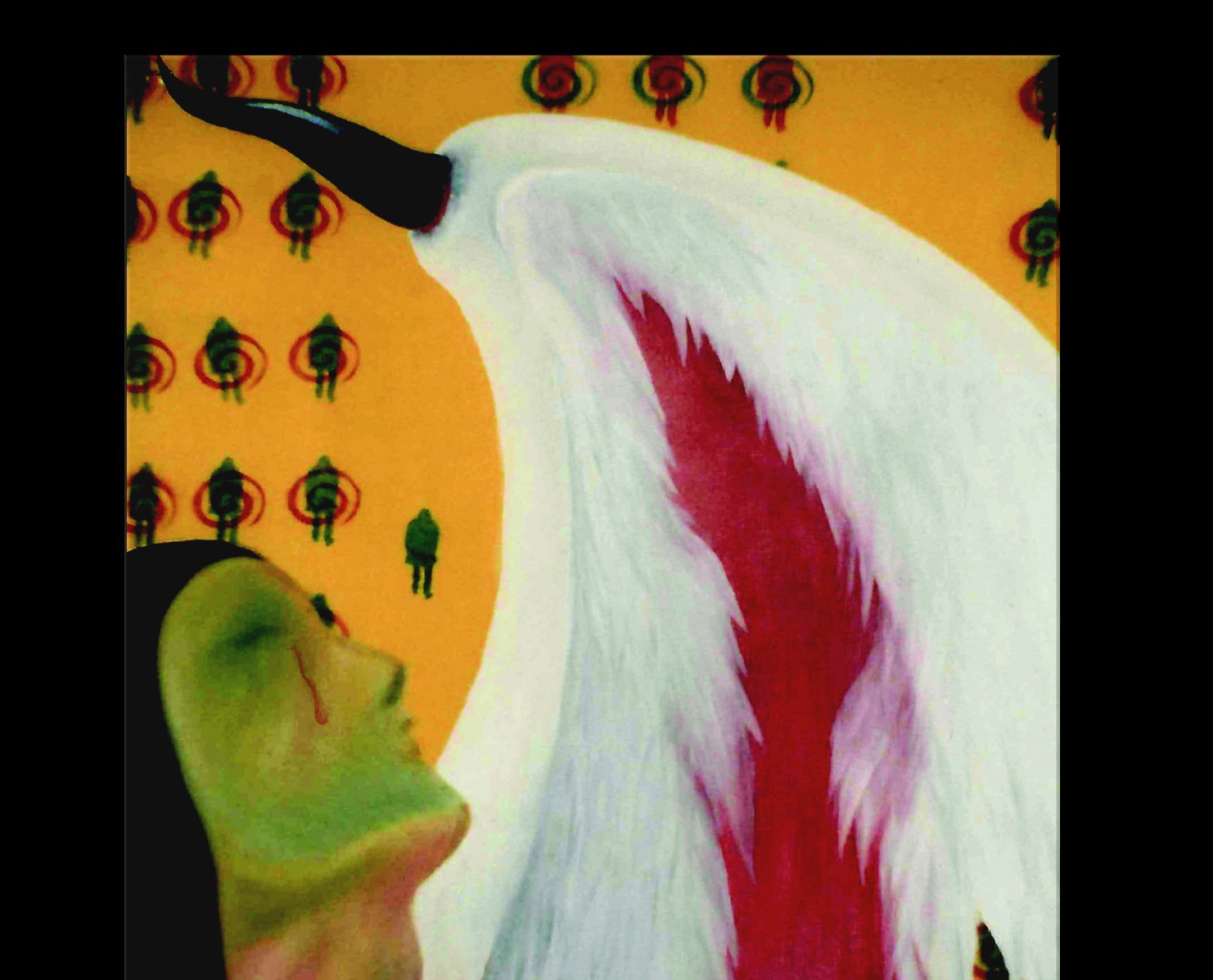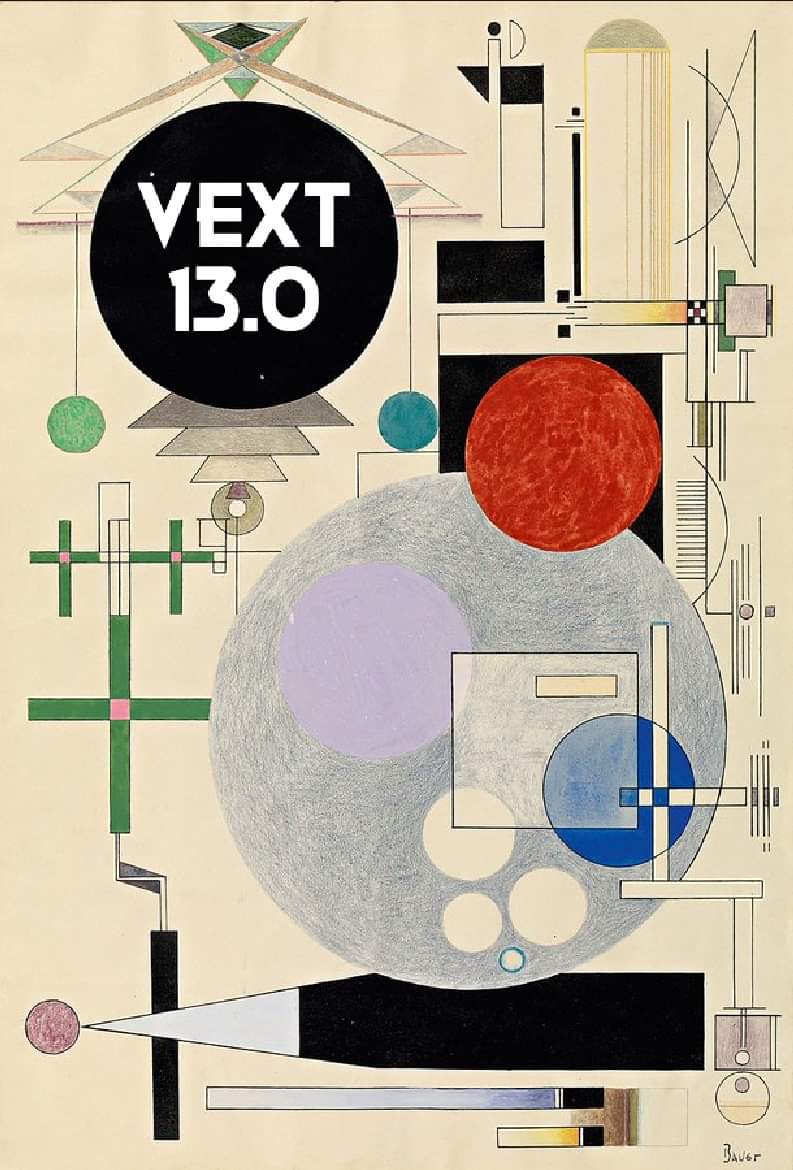Metztli review published in la bloga

Metztli Edición bilingüe by Xánath Caraza (Capitulo Siete; Coacalco de Berriozábal, Estado de México, 2018)
Translation by Sandra Kingery and Kaitlyn Hipple
Review by Donna Snyder

In Aztec mythology, “Metztli” is a god or goddess of the moon. Gender is fluid. In some traditions, Metztli fears the Sun’s fire, in others, they wed. Today the Nahuatl word is primarily used as a feminine name. Make a crazy leap from Nahuatl, a living language originating with the pre-Columbian Mexica people of Central America, to the Urban Dictionary. Here, Metztli is identified as a moon goddess, but also as an energetic and artistic girl who is romantic and sensuous, yet innocent. Curiously, I did not research the meaning of the word until after I had already read Metztli, Xánath Caraza’s recent bilingual collection of stories. Knowing makes all the difference in seeing.
Caraza wrote Metztli in Spanish then worked with Sandra Kingery and Kaitlyn Hipple to translate each story into English with the support of a grant from the Andrew W. Mellon Foundation and funding from the Lycoming College Student-Faculty Research Program. Kingery has collaborated with Caraza before, and she and Hipple appear to have developed a clear understanding of how Caraza’s poetic mind works.
As noted in my previous review of Lo que trae la marea/What the Tide Brings, an earlier fiction collection, Caraza often appears in her own narratives, as a character with a fictional name or as an unnamed author referenced in stories. In Metztli, one of Caraza’s narrators falls in love with a character in a book being written within the same story. The writer enters the book and interacts with the other characters while the story shifts to the story within the story. As described by a narrator in one of the pieces in Lo que trae la marea/What the Tide Brings, Caraza’s characters possess the power to “dissolve from this dimension to reappear on the printed page.”
In “Thursday,” midway through Metztli, the main character, a writer, could be describing Caraza’s book.
My book is laden with sorrow.
I tried to convince the publishers that it was a book about traveling, a book of metafiction. But I knew it was actually laden with sorrow, with losses I collected over the years, sometimes as their protagonist, others as mere spectator, all of it persisting through time. Sorrow that I safeguarded within the lines, that remained in the design of the letters, that I exorcized as I wrote each of them on paper.
In my review of Lo que trae la marea/What the Tide Brings, I noted that Caraza’s stories are imbued with Federico García Lorca’s aesthetics of duende, “a fascination with both death and great erotic desire…precipitating a momentary experience of the sublime.” García Lorca tells us that the duende is found when “Through the empty archway a wind of the spirit enters, blowing insistently over the heads of the dead, in search of new landscapes and unknown accents….” As an immigrant and a traveler, Caraza has internalized a multiplicity of identities as well as the constant pulse of loss and departure.
In “Citizenship,” two brothers left behind their widowed mother to attend university, not seeing her for several years until they unexpectedly appear to witness her swearing in as a United States citizen after working as a dishwasher for most of 20 years. The story reveals a kaleidoscope of memories and emotions: the complexity of grief following the death of an abusive husband, the longing for her sons, the struggle with learning a new language and culture, the decision to become a naturalized citizen. The repeated ruptures in connection mirror the lives of real immigrant workers and asylum seekers, already sorrowful to be forced to leave home, only to have their families ripped apart at the U.S. border. Here in the borderlands of Mexico and the U.S.A., these separations are real, wrenching, and daily.
Metztli’s characters parallel the author’s migrations. They leave their homelands only to feel years later an anguished longing for the details of daily life. Originally from Xalapa in the state of Veracruz on the Gulf of Mexico, she has lived many years in the U.S.A., while frequently travelling throughout the Americas, Europe, and Asia. In “Lemongrass,” a woman receives a box of gifts from what could be Caraza’s own homeland:
[A] dress with colorful flowers embroidered on the chest, canned mangoes in syrup, epazote for frijoles, acuyo leaves to wrap tamales rancheros, dried beans, and a peasant blouse with embroidery on the cuff. [She finds that her] departure from Mexico has helped her remember. She’s spent her first year far from the smell of fresh tortillas….
The mammoth sense of loss felt when a lover leaves is broached several times in the collection. In “Prelude,” college students revel in an unconsummated desire born of a mutual devotion to Bach, Scarlatti, and Nietzsche. Their world is filled with near magical sensory details such as a room inexplicably filled with green lightning bugs. The girl is devastated when the boy disappears, only to bepied with another girl weeks later. In another story, “Thursday,” the narrator reveals the extent of her pain after being left.
I cried in the car. In the office. At home. Before walking into a meeting. Between classes. I cried while showering, while cooking. I cried until the table where I was writing these lines flooded, and the sound of my tears mingled with the sound of the rain…The night is neon-blue cold. Metallic rain continues to fall….
The growing friendshipetween women who are grieving the loss of their lovers is beautifully described in “Gentle Breeze.” “Without realizing it, without making an effort, little by little, they stopped saying those names.” Caraza’s format reminds us that time is an artificial construct. Perhaps we experience loss in this reality, yet physicists tell us that we may continue to exist in another universe. In the other universe, we may not suffer that grief.
The fire of first love is always unique but can hint of banality when viewed from outside. Consequently, the last story in the book, “Voices in the Sea,” was a small disappointment in an otherwise stimulating and pleasurable collection. Taken as a whole, however, Metztli dazzles the reader with the interconnectivity of its stories and intrigues us when the fiction is juxtaposed with its writer’s own life. In the title story, the narrator is a Mexican who has lived abroad many years.
She had traveled in Morocco for five years, dancing in different cities. . . . Before dancing, she would prepare her iridescent feathers, seashells, jade necklaces, and turquoise rings. She made sure that the pre-Hispanic instruments she used in her show, like the huehuetl drum, were ready to vibrate like a living heart. She carefully inspected the clay pots that she filled with varying amounts of water to turn them into percussion instruments, and she confirmed the depth of sound of the teponaztli drum. As time went by, while she danced, she began to feel Morocco flow through her veins. Two rhythms began to beat within her, perhaps three now, indigenous, Moroccan, and Spanish.
In addition to writing poetry and fiction, Caraza teaches at the University of Missouri-Kansas City and writes for various scholarly publications related to Latinos/Latinas and their shared, yet disparate, cultures. Caraza has won honors in Central America, Europe, and the U.S.A, such as receiving the 2014 Beca Nebrija para Creadores, from the Universidad de Alcalá de Henares in Spain. She has been translated into English, Italian, and Greek; and partially translated into Nahuatl, Portuguese, Hindi, Turkish, and Romanian.
Caraza was a finalist in the Multicultural Fiction category of the 2013 International Book Awards. Also in 2013, her book Conjuro won multiple international awards. Lo que trae la marea/What the Tide Brings won several international awards. Her book of poetry, Sílabas de viento/Syllables of Wind, received the 2015 International Book Award for Poetry, as well as other prizes. In the 2018 International Latino Book Awards, Caraza’s Lagrima roja won First Place for Best Book of Poetry in Spanish by One Author and First Place for Sin preámbulos/Without Preamble for Best Book of Bilingual Poetry by One Author. The book at hand, Metztli, won second place in the 2019 International Latino Book Awards for Best Short Story Collection.
While the names of characters change, the stories in Metztli are interwoven, with repeated motifs such as winged insects, birds of portent, and references to the keen pleasure of drinking a cup of tea and reading. Most importantly, each main character presents another face of the same moon.
“I usually think in colors, feel colors, smell colors, see images. . .” says the narrator in “Thursday.” Both Metztli and Lo que trae la marea/What the Tide Brings describe this anomaly known as synesthesia, the triggering of one sort of sense impression when a different sense is stimulated. Both books are saturated with color and sensuality. In Metztli, Caraza’s subject is sorrow, yet she catches readers in a storm of eroticism, emphasizing that the sadness of life can be redeemed by art and the pleasures of the physical world. The senses counterbalance life’s inherent sorrow, and only through embracing the duende is there hope to encounter the sublime.

Donna Snyder founded the Tumblewords Project in 1995 and continues to organize its free weekly workshop series and other events in the borderlands of El Paso, Texas. Her poetry collections include Poemas ante el Catafalco: Grief and Renewal from Chimbarazu Press, I Am South from Virgogray Press, and The Tongue Has its Secrets from NeoPoiesis Press. She previously practiced law representing indigenous people, people with disabilities, and immigrant worker



























